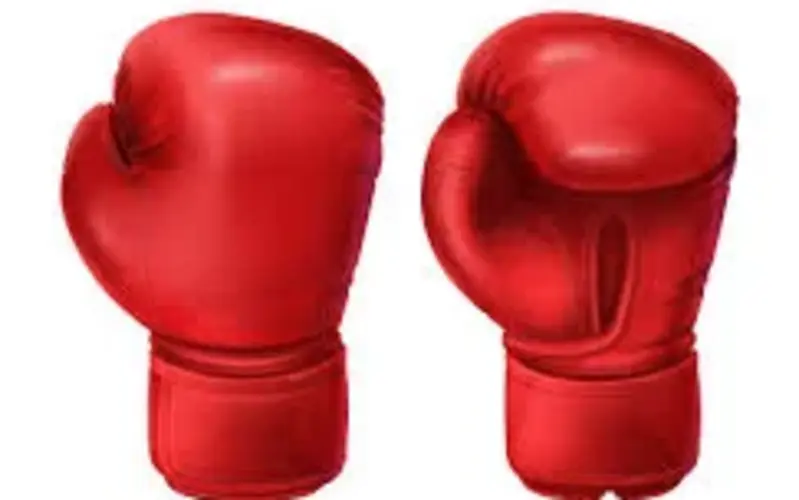
The rain hadn’t stopped for three days in Asheville, but director Lena Ortiz barely noticed. She stood under a canvas awning beside the boxing ring that had been recreated plank-for-plank to match the one where Christy Martin’s career had started. The canvas smelled like sweat, chalk, and possibilities—exactly what Lena wanted.
The biopic had taken six years to get off the ground. Studios were nervous. “Boxing films are everywhere,” they said. “What makes this one different?”
Lena always answered the same way:
“Because Christy was different. And because people need to know why she survived.”
Christy Martin—The Coal Miner’s Daughter—had never cared much for Hollywood. But when she met Lena in a tiny diner outside Orlando, she realized the woman wasn’t there to glamorize her, or pity her, or sanitize anything. Lena wanted the truth: the fights, the fear, the fame, the violence she endured at home, and the day she refused to die.
Christy agreed. On one condition:
“Don’t make me a victim. Make me a fighter.”
Inside the Asheville gym, the actress portraying Christy—Riley Dane, a former dancer who trained for ten months—stepped into the ring. Her gloves were magenta, just like Christy’s. The extras playing the audience practiced roaring on cue, though they didn’t need to try very hard; the energy in the room thrummed like electricity.
Christy, visiting the set for the first time, leaned against the ropes. A smile—crooked, amused, proud—spread across her face.
“You hit harder than I did,” she teased Riley.
“That’s because you taught me,” Riley shot back, breathless.
Lena watched them, sensing the moment the film finally came alive.
The toughest scenes weren’t physical—they were emotional. Christy’s story carried bruises deeper than the ones she earned in the ring. The night of the attack was recreated with clinical precision, each camera angle choreographed to show strength, not sensationalism.
Riley struggled with it. One evening she found Christy sitting alone in a folding chair, staring at the boxing bags like they were old friends.
“How did you get through it?” the actress whispered.
Christy thought for a long time.
“People think I fought because I loved boxing,” she said. “But really, boxing taught me how to fight for me. That’s what got me out.”
Riley nodded, and the scene was filmed the next morning. No one on set spoke when the take ended. Lena didn’t need to say “cut.” The silence was enough.
Months later, the cast, crew, and Christy herself gathered in a packed theater. When the final shot faded—the victorious Christy walking into the ring, fists high—the audience rose to its feet.
Christy didn’t look at the screen. She looked at the people standing for her.
It felt almost like stepping out of the tunnel into a roaring arena again.
Except this time, the fight was already won.
Lena whispered, “You asked me not to make you a victim.”
Christy wiped her eyes. “You didn’t. You made me a legend.”
Outside the theater, the night buzzed with camera flashes and excited chatter. Christy posed for photos, laughing as someone handed her a pair of magenta gloves to sign.
But when the crowd thinned, she stepped away and breathed in the calm.
Her life had always been about surviving the next round, the next punch, the next day.
Now, finally, she could stand still.

























Tim Cua
November 19, 2025 at 9:16 amCool Post.